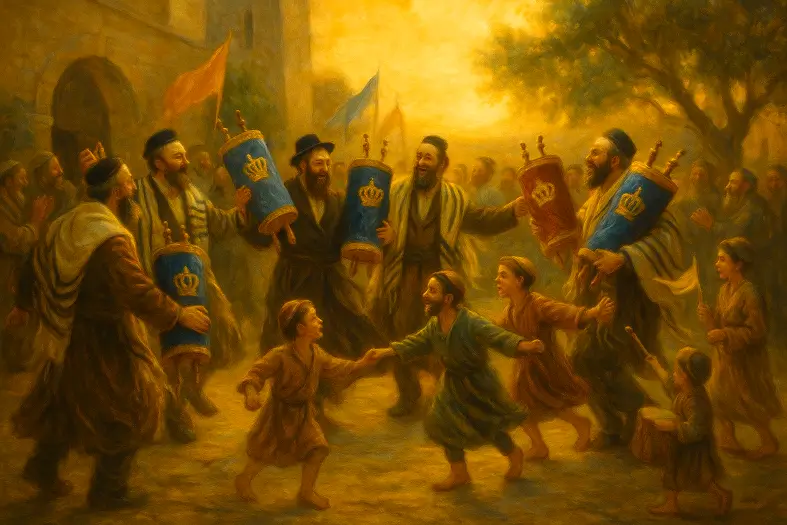


We are commanded to love converts, embracing them fully within the covenantal family of Israel.
This mitzvah expands the commandment to love one’s fellow Jew (Mitzvah 13) with a specific charge to love converts. Rambam (Hilchot De’ot 6:4) emphasizes that converts are owed a double measure of love — once through “you shall love your fellow” and again through “you shall love the convert.” Sefer HaChinuch (Mitzvah 431) explains that this ensures they are not marginalized, but instead welcomed with warmth and dignity into Israel’s covenant.
The Talmud (Bava Metzia 59b) teaches that the Torah warns against wronging a convert in no fewer than 36 (some say 46) places, underscoring the gravity of their protection. Rashi (Deut. 10:19) comments that Israel must show love because Hashem Himself loves the convert (cf. Deut. 10:18), clothing and sustaining them. Ramban explains that remembering our own experience as strangers in Egypt should awaken empathy and solidarity. Midrash Tanchuma (Mishpatim §9) links love for converts to Israel’s redemption, for just as Hashem redeemed us, so must we redeem them from loneliness and exclusion.
Commentary & Classical Explanation:
Contrast with Loving Other Jews (Mitzvah 13):
Parallel to Not Oppressing Converts (Mitzvah 18):
Double Love
Welcoming with Dignity
Community Inclusion
Guarding Against Alienation
Living Kiddush Hashem
Strengthening Jewish Unity


Reflects mitzvot rooted in love—of G‑d, others, and the world we are entrusted to uplift.
Acts of generous giving that extend beyond obligation — offering help, support, or goodness simply because another person exists. Chesed is proactive, abundant care that heals the world through open-hearted action.
Empathy in motion — responding to another’s pain with sensitivity, patience, and understanding. Whereas chesed gives broadly, rachamim responds gently, tailoring care to a person’s emotional or spiritual needs.
Mitzvot that strengthen communal life — showing up, participating, supporting, and belonging. Community is where holiness is shared, prayers are multiplied, and responsibility becomes collective.
Practices that cultivate inner modesty and self-awareness. These mitzvot teach us to step back from ego, create space for others, and recognize our place before G-d.
Represents Emunah—the deep, inner trust in Hashem’s presence, oneness, and constant involvement in our lives. This badge symbolizes a heartfelt connection to G-d, rooted in belief even when we cannot see. It is the emotional and spiritual core of many mitzvot.
Mitzvot that govern ethical behavior, kindness, justice, and responsibility in human relationships. These actions build trust, dignity, and peace between people.
Mitzvot that define and deepen the relationship between a person and their Creator. These include commandments involving belief, prayer, Shabbat, festivals, sacrifices, and personal holiness — expressions of devotion rooted in divine connection.

Dive into mitzvos, prayer, and Torah study—each section curated to help you learn, reflect, and live with intention. New insights are added regularly, creating an evolving space for spiritual growth.

Explore the 613 mitzvos and uncover the meaning behind each one. Discover practical ways to integrate them into your daily life with insights, sources, and guided reflection.

Learn the structure, depth, and spiritual intent behind Jewish prayer. Dive into morning blessings, Shema, Amidah, and more—with tools to enrich your daily connection.

Each week’s parsha offers timeless wisdom and modern relevance. Explore summaries, key themes, and mitzvah connections to deepen your understanding of the Torah cycle.